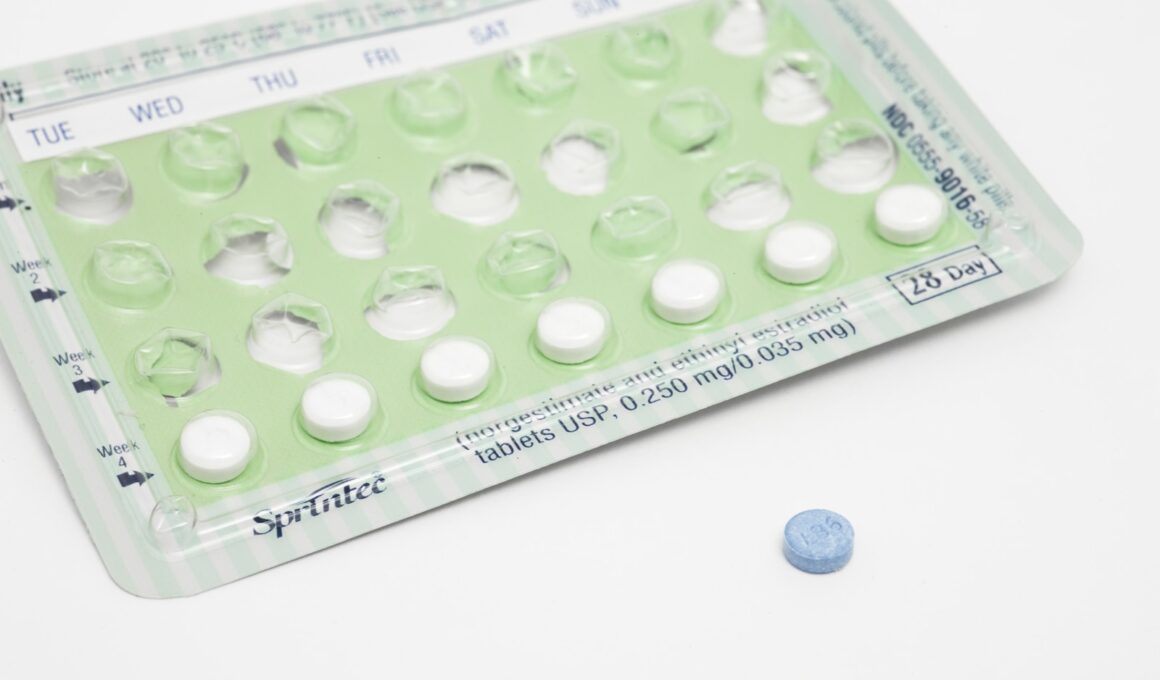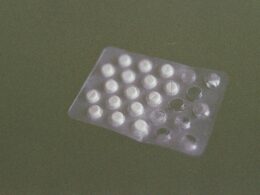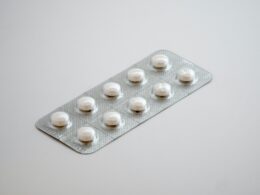Despite the common belief that the pill makes you gain weight, studies haven’t shown that short-term oral contraceptive use is linked to long-term changes in body weight or composition. Still, there are a few things you should know when you’re planning to break up with your hormones.
For one, you’ll likely experience increased bloating due to water retention as your hormone levels return to normal.
1. Increased Appetite
Hormonal birth control affects a person’s appetite and metabolism. This can lead to weight gain. A change in appetite can also cause a decrease in calories burned. This is why it’s important to keep track of calorie intake.
If you find that you are gaining a lot of weight after stopping birth control, it’s important to assess why this is happening. It could be due to a change in your diet or lifestyle – This quote is the result of the service team’s inquiries SexXmoi. For example, you may have recently started a new job that requires you to sit for large portions of the day. This can lead to weight gain if you are not moving around much and consuming more calories than usual.
Another reason for a sudden increase in appetite is premenstrual syndrome. This can lead to cravings for high-calorie, processed foods. A pregnancy can also boost your appetite due to the baby growing and requiring more nutrients.
If you are feeling hungry more often, try to stick to a balanced diet with healthy, whole foods and limit sugary drinks and high-fat snacks. You can also focus on getting enough sleep as this is linked to increased ghrelin levels and hunger. This can be hard to do when you are experiencing PMS-driven food cravings, but it’s necessary for a healthy weight loss or maintenance plan. Try to stay hydrated and prioritize nutrient-rich foods like fruits, vegetables, unprocessed meats, nuts, eggs, whole grains and complex carbohydrates.
2. Water Retention
The pill contains both estrogen and progestin, which can cause water retention. It’s a common issue that many women face and it often causes them to gain weight as their body adjusts to the hormone shift.
The fluid retention that is associated with the pill is most common in the feet and legs but can happen anywhere in the body. It occurs when the body is unable to properly balance the levels of estrogen, progestin and other hormonal factors. If the symptoms of bloating and water retention persist, it’s recommended to see a doctor.
There are ways to reduce this, including increasing your intake of magnesium and potassium. These are essential minerals that work to regulate your fluid levels and can be found in leafy greens, bananas, seeds and nuts. Another option is using a natural herbal supplement that can help reduce excess fluid. Increasing your activity level can also reduce the symptom as it gets your circulation flowing and stimulates the lymphatic system.
Keeping your diet healthy is the best way to avoid any water retention issues as they can be caused by an underlying health condition. It is important to drink plenty of water and to avoid dehydrating foods like salty foods, processed sugars and alcohol. It’s also recommended to try a natural anti-water retention supplement that is formulated with ingredients such as dandelion root extract and uva ursi leaf extract.
3. Mood Changes
Mood changes are another common side effect of stopping birth control, especially for those who have used hormonal methods for a long time. According to Flo, this may be because of PMS symptoms returning or hormone imbalances. The pill, especially some formulas, can help to level out the hormonal chaos that can cause mood swings, so when you stop it, the same things that caused your mood problems while on the pill might come back, like headaches, breast tenderness, and irritability. Taking chasteberry (Vitex) can help to reduce those cyclical symptoms as your body adjusts to hormone fluctuations.
Hormonal birth control suppresses your ovaries so that you can’t become pregnant. However, that also means that if you stop using it, your ovaries will reawaken and start producing sex hormones again. This is why some women experience a spike in libido when they stop the pill.
If you use a hormonal birth control method, it’s important to talk to your doctor before you stop it. Your doctor can advise you on how to do it safely and explain any side effects that may occur. If you’re worried about gaining weight after stopping birth control, consider switching to a barrier method of contraception, like condoms. This will not affect your weight and will keep you safe from pregnancy. You can also talk to your doctor about other natural ways to get more sexy, like increasing exercise and getting more sleep.
4. Changes in Diet
If you eat a healthy diet and exercise regularly, the weight gain that occurs after stopping birth control shouldn’t be an issue. If you notice any significant changes in your body, however, it’s a good idea to consult with your doctor and talk about alternative forms of hormonal contraception.
Depending on what type of birth control you use, the change in your hormone levels may impact how you feel about yourself. Generally speaking, however, there’s no evidence to support that oral contraceptives cause you to gain weight.
In fact, some women who stop the pill find that their weight goes down as a result of the return to normal hormone levels. It all depends on how your body retains water, and what your existing body type is like.
Another thing to keep in mind is that your period may take longer or be heavier than it was before you began taking birth control pills. This is especially true for those who use progestin-only methods of birth control, such as the contraceptive patch or the intrauterine system (hormonal IUD).
If you’re ready to stop using hormonal birth control, it’s important that you have a backup method of birth control in place. You can also consult with a Revere Health OB/GYN for more information about how to best manage menstrual symptoms after you stop taking birth control.









